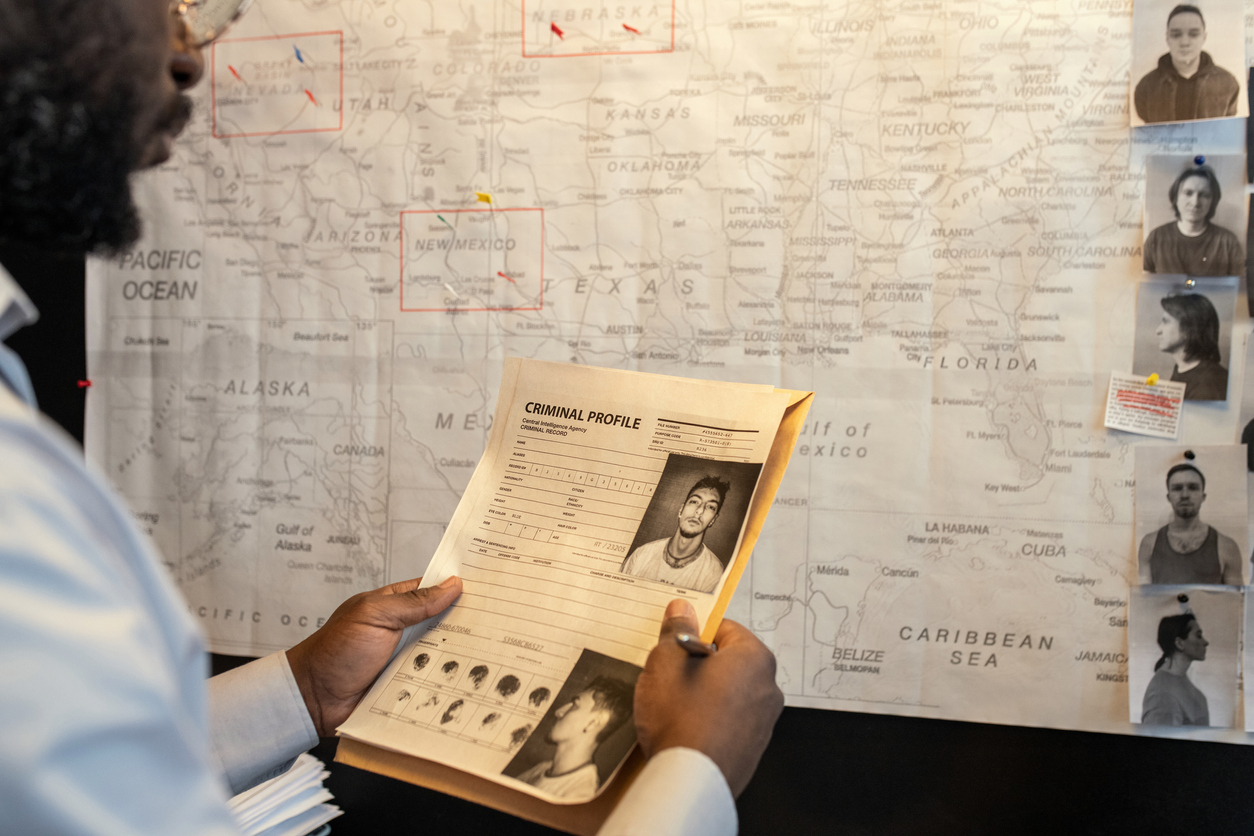Last week I discussed what criminal profiling is and its history, particularly related to the FBI and how it is used to catch serial killers. Long touted as a method to catch criminals whose motives aren’t as obvious as other perpetrators, criminal profiling has been used to catch several high-profile criminals. It even has its place in pop culture, often being the crux of police procedurals and crime fiction shows. But how effective is it in investigations? Is it accurate? What is the science, if any, behind it?
Criminal profiling, while well-known, is controversial. Developed formally by the FBI in the 1970s, the skepticism makes sense. It is a relatively new scientific field with many undefined boundaries and methodologies. Even specialists don’t agree on the term for the field— “The FBI calls its form of profiling ‘criminal investigative analysis’; one prominent forensic psychologist calls his work ‘investigative psychology’; and another calls his ‘crime action profiling.’” While a typical profile is built from analyzing the crime itself, the evidence left at the scenes, the victim(s), and other relevant information, there is no formal procedure across law enforcement for developing a criminal profile. Some profilers use hard data and statistical analysis of crime data, while others rely on experience, intuition, and best guesses.
There is very little research on the effectiveness of criminal profiling, which makes the effectiveness difficult to gauge. One study by Anthony Pinizzotto looked at 192 criminal profiles from the FBI and found that only 17% of them directly aided in the associated investigation. Another, referred to as the “Coals to Newcastle” study, found that profiler predictions had an accuracy rate of 66% but only led to an arrest 2.7% of the time. While these numbers may seem low in the abstract, the fact remains that dozens of criminals do get caught using the techniques.
While it may seem a bit dismal for criminal profiling, there is one study that looks promising for the future of criminal profiling. This experiment compared police departments of similar standing over a year-long period. The study reported that a police department trained to use statistically-based criminal profiling methods in active cases solved 260% more cases than departments that did not. In terms of the real-world application of criminal profiling, this particular study shows it can be effective.
Until a standardized method is developed across the board for criminal profiling, it may be impossible to say how well this method works. Some argue it doesn’t work at all, and even that criminal profiles can stop police from following leads they otherwise might follow. Moreover, some have expressed worry about the biases that could come with criminal profiling if not used carefully. Whether criminal profiling is bunk science or not is yet to be determined, it is best used as a supportive tool in a case that includes the full array of established investigative methodologies.
